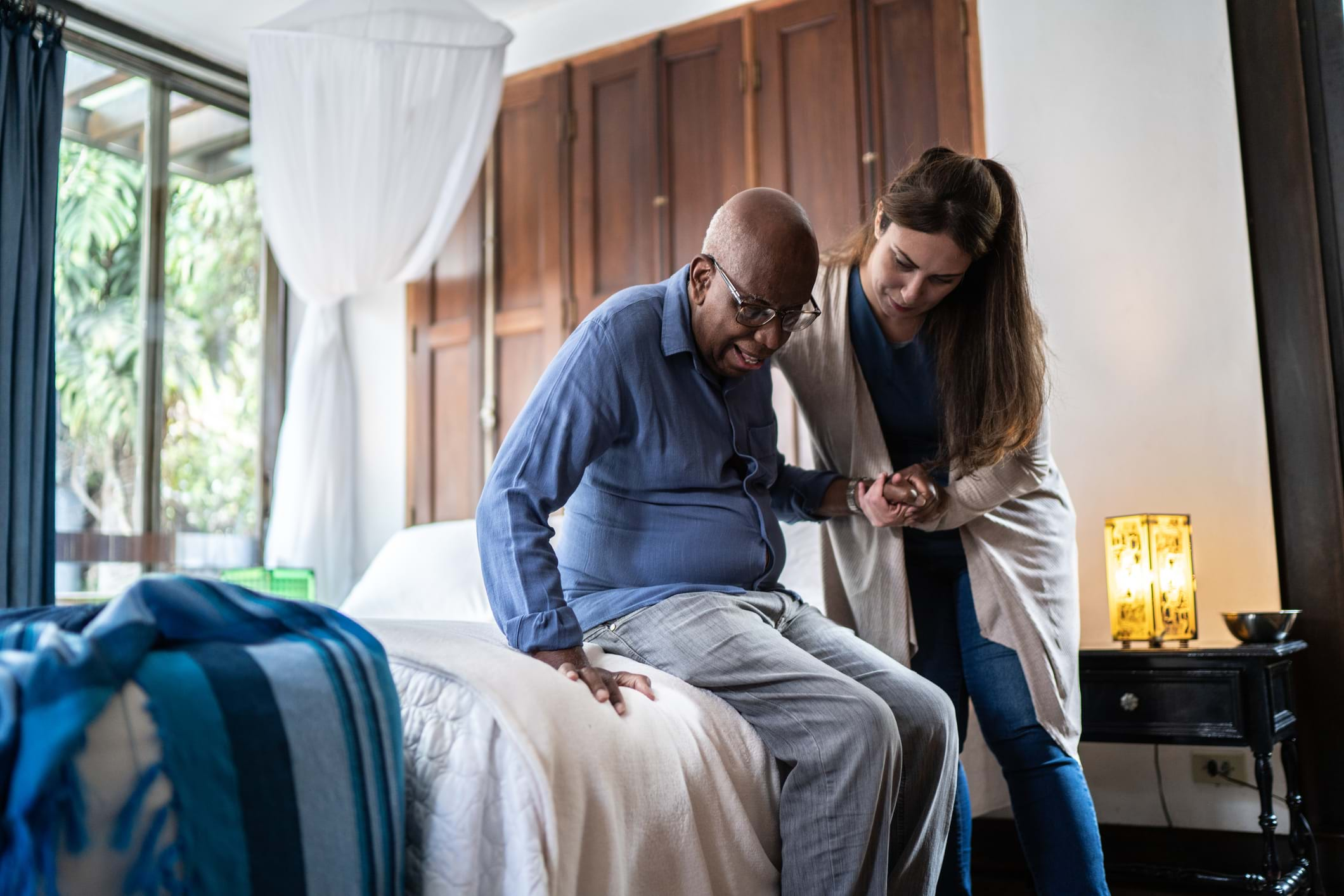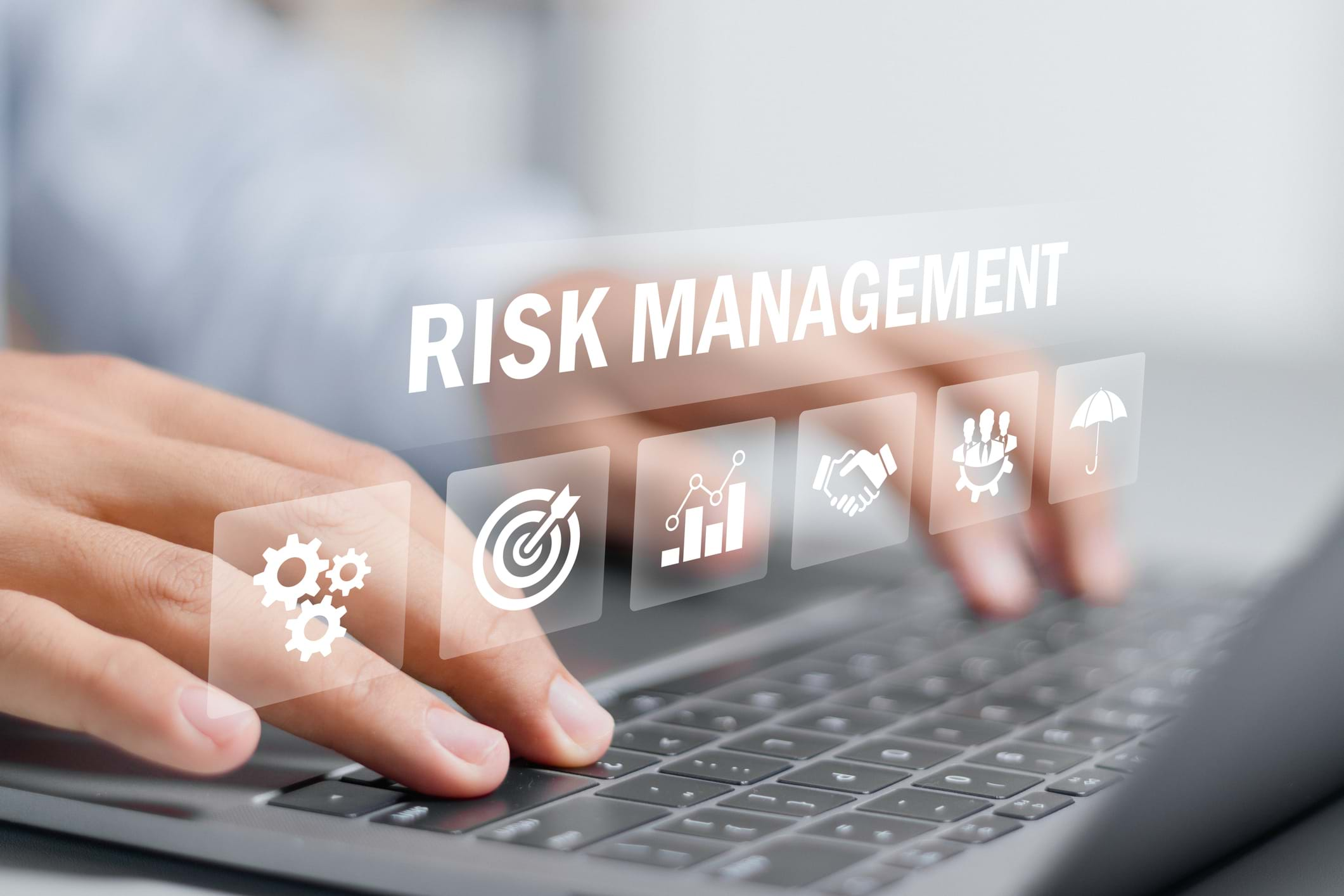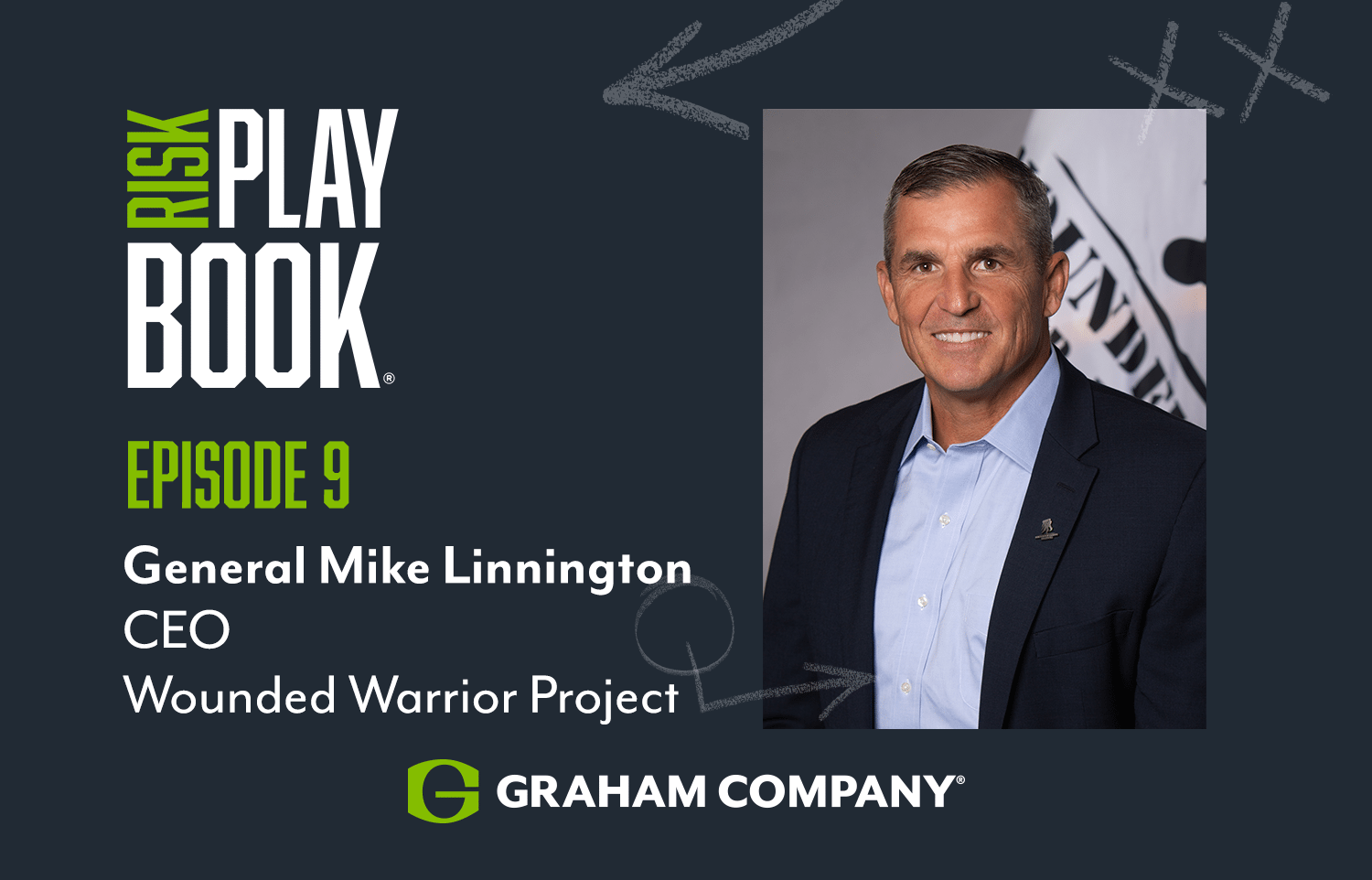On September 17, 2020, California Governor Gavin Newsom signed into law Senate Bill 1159 (“SB 1159”) which modifies and extends the Governor’s Executive Order from earlier this year, creating a disputable presumption that an illness or death related to COVID-19 is an occupational injury. The law is effective immediately and covers COVID-19 related illnesses and deaths occurring after July 6, 2020 through January 1, 2023.
Which Employees are Covered?
SB 1159 establishes a workers compensation presumption that will apply to most employees in the state that have a COVID-19 “outbreak” (as defined below) at their specific place of employment, as well as for first responders and certain health care workers.
Outbreak Presumption
Under the California Labor Code, an outbreak exists if within 14 calendar days one of the following occurs at a specific place of employment:
- If the employer has 100 employees or fewer at a specific place of employment, 4 employees test positive for COVID-19.
- If the employer has more than 100 employees at a specific place of employment, 4% of the number of employees who reported to the specific place of employment test positive for COVID-19.
- A specific place of employment is ordered to close by a local public health department, the State Department of Public Health, the Division of Occupational Safety and Health, or a school superintendent due to a risk of infection with COVID-19.
If there has been an outbreak, then the presumption of compensability applies. However, in order for the presumption to apply, the employee must test positive during the outbreak (i.e., within 14 days after a day the employee worked at the place of employment).
If the date of injury is before July 6, 2020, the employer’s claims administrator has 30 days to deny the claim. If the date of injury is on or after July 6, 2020, the employer’s claims administrator has 45 days to deny the claim, or the injury is presumed compensable.
First Responder or Health Care Worker Presumption
As noted above, the disputable presumption of work-relatedness for COVID-19 illnesses and deaths also applies to first responders as well as: (i) employees who provides direct patient care at a health facility or a home health agency and (ii) providers of in-home services. However, with respect to health care facility workers, the presumption shall not apply if the employer can establish that the employee did not have contact with a health facility patient within the last 14 days who tested positive.
Unlike presumptions related to “outbreak” exposures, claims for these essential workers must be denied within 30 days regardless of the date of injury or the claim is presumed compensable.
How can Employers Rebut the Presumption?
An employer may dispute the presumption with evidence to demonstrate: (i) the measures put in place to reduce potential transmission of COVID-19 in the employee’s place of employment; (ii) the employee’s non-occupational risks of COVID-19 infection; (iii) statements made by the employee; and (iv) any other evidence normally used to dispute a work-related injury.
New Employer Reporting Requirements
The new law also contains some new reporting requirements for California employers. SB 1159 provides that when an employer “knows or reasonably should know” that an employee has tested positive for COVID-19, it shall report the following information to its workers’ compensation claims administrator within three business days:
- An employee has tested positive (NOTE: the employer shall not provide any personally identifiable information regarding the employee who tested positive for COVID-19 unless the employee asserts the infection is work-related);
- The date that the employee tests positive (the date the specimen was collected for testing);
- The specific address or addresses of the employee’s place of employment during the 14-day period preceding the positive test; and
- The highest number of employees who reported to work in the 45-day period preceding the last day the employee worked at the place of employment.
Please note this obligation exists even if the employee is not claiming exposure at work. If the employee is also alleging the infection is work-related, you will be required to separately file a WC claim using the usual protocols. Most workers compensation insurance carriers have created forms and set up separate email addresses for employers to use in order to fulfill these notification requirements.
SB 1159 also requires employers to go back and report any positive tests to their insurance carrier dating back to July 6, 2020 and must do so by October 17, 2020. Failure to submit the information requested by this new law could result in civil penalties up to $10,000 against the employer.
With the passage of SB 1159, it is important for California employers to thoroughly investigate any reported infection in order to document whether there was an exposure at the workplace. Ensuring your employees are following safety protocols and using personal protective equipment (including masks) to mitigate the transmission of the disease will also be important to rebut the presumption of a workplace exposure.
For more information about SB 1159 and how this law may impact your organization, please contact your Graham Claims Consultant or please reach out to Sean Brogan (information below).

Philadelphia, PA, 19102








